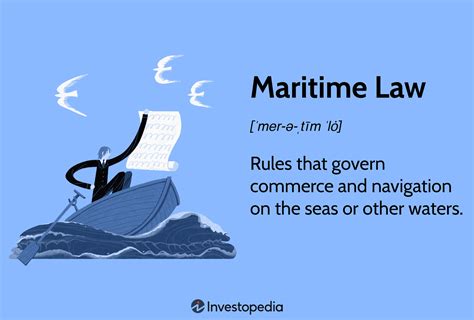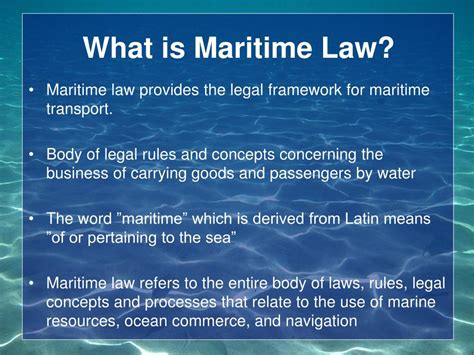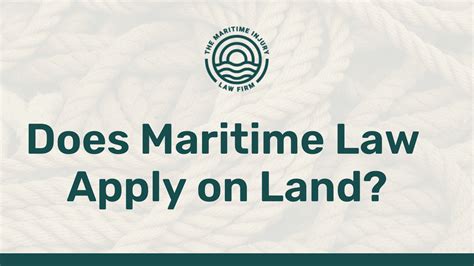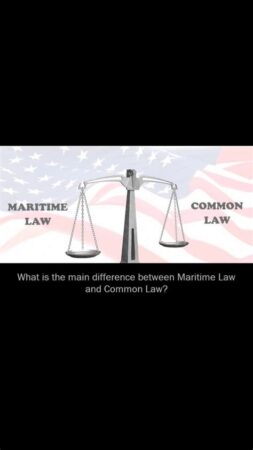
- Introduction
- Understanding Force Majeure in Maritime Law
- Exceptions to Force Majeure
- Specific Force Majeure Events in Maritime Law
- Table of Common Force Majeure Events
- Conclusion
-
FAQ about Force Majeure Maritime Law
- What is force majeure maritime law?
- What events are considered force majeure in maritime law?
- Who can invoke force majeure?
- What are the requirements for invoking force majeure?
- How does force majeure affect the contract?
- What are the limitations of force majeure?
- How is force majeure proven?
- What are the consequences of failing to prove force majeure?
- Can a contract exclude force majeure?
- What should I do if I think I am entitled to force majeure?
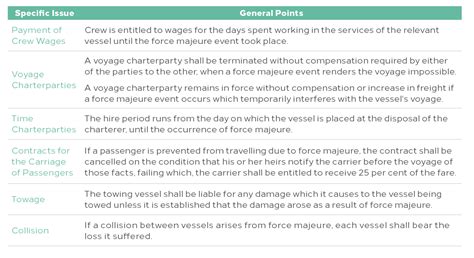
Introduction
Greetings, readers!
In this article, we’ll delve into the intricacies of force majeure in maritime law, exploring its meaning, significance, and legal implications. From examining its definition to discussing the exceptions and providing practical examples, we’ll guide you through this complex but crucial legal concept.
Understanding Force Majeure in Maritime Law
Definition and Characteristics
Force majeure, a French term literally meaning "superior force," refers to an unforeseen and unavoidable event or circumstance that prevents a party from fulfilling its contractual obligations. In maritime law, force majeure events typically arise from natural disasters, armed conflicts, strikes, or other extraordinary occurrences beyond the control of the parties involved.
Key characteristics of force majeure include:
- Unforeseen and Unavoidable: The event must not have been reasonably anticipated or prevented.
- External: The event must originate from outside the party’s control or sphere of influence.
- Irresistible: The event must make it impossible or impracticable to perform the contractual obligations.
Legal Effects
When force majeure is successfully invoked, it may excuse a party’s performance or discharge contractual obligations. However, it does not automatically terminate the contract but rather suspends performance temporarily until the force majeure event subsides.
Additionally, parties may include specific force majeure clauses in their contracts, outlining the events or circumstances that qualify as force majeure and addressing the consequences and remedies for such events.
Exceptions to Force Majeure
Foreseeability
Force majeure cannot be invoked if the event or circumstance was reasonably foreseeable or preventable. If a party could have taken reasonable steps to mitigate or avoid the event, it may not be excused from performance.
Contributory Negligence
If a party’s own negligence or misconduct contributed to the force majeure event, it may not be able to rely on force majeure as an excuse for non-performance.
Specific Force Majeure Events in Maritime Law
Natural Disasters
Hurricanes, tsunamis, earthquakes, and other natural disasters can significantly disrupt maritime operations, making it impossible or dangerous to perform contractual obligations.
Political Instability
Armed conflicts, wars, or political unrest can pose significant safety and logistical challenges, rendering it impractical or unsafe to fulfill maritime contracts.
Strikes and Labor Disputes
Strikes by maritime workers, including seafarers, dockworkers, or longshoremen, can halt port operations and disrupt transportation schedules, leading to force majeure events.
Other Extraordinary Events
Other extraordinary events, such as pandemics, global economic crises, or government embargoes, may also qualify as force majeure events in maritime law.
Table of Common Force Majeure Events
| Event Type | Example |
|---|---|
| Natural Disasters | Hurricanes, earthquakes, tsunamis |
| Political Instability | Wars, civil unrest, terrorist attacks |
| Strikes | Maritime labor strikes, dockworker walkouts |
| Other Extraordinary Events | Pandemics, economic crises, government embargoes |
Conclusion
Readers, we hope this comprehensive guide has provided you with a clear understanding of force majeure in maritime law. By familiarizing yourself with its definition, legal effects, exceptions, and specific events that may qualify as force majeure, you can better navigate the complexities of this important legal concept and mitigate its potential impact on your maritime operations.
Don’t forget to check out our other articles for more insights on maritime law and best practices in the industry!
FAQ about Force Majeure Maritime Law
What is force majeure maritime law?
Force majeure is a legal doctrine that excuses a party from fulfilling its contractual obligations due to unforeseeable circumstances beyond its control. In maritime law, this doctrine applies when events such as war, natural disasters, or strikes make it impossible or illegal to perform the contract.
What events are considered force majeure in maritime law?
Common examples include hurricanes, earthquakes, floods, volcanic eruptions, and acts of war.
Who can invoke force majeure?
Either party to a maritime contract can invoke force majeure if they can prove that an unforeseen event made it impossible or illegal to perform their obligations.
What are the requirements for invoking force majeure?
To successfully invoke force majeure, the party must prove:
- The event was beyond their control.
- The event made it impossible or illegal to fulfill the contract.
- They took reasonable steps to mitigate the effects of the event.
How does force majeure affect the contract?
The affected party may be excused from performance for the duration of the event and may be entitled to relief from damages or penalties. However, the contract may still remain in effect during and after the event.
What are the limitations of force majeure?
Force majeure does not excuse performance if the party could have reasonably foreseen and prevented the event. It also does not apply to events caused by the negligence or willful misconduct of the party.
How is force majeure proven?
The party invoking force majeure must provide evidence of the event and demonstrate how it prevented them from performing the contract. This can include documentation, eyewitness accounts, or expert testimony.
What are the consequences of failing to prove force majeure?
If a party fails to prove force majeure, they may be liable for damages or penalties for breach of contract.
Can a contract exclude force majeure?
No, parties cannot exclude force majeure from a contract. However, they can define the events that qualify as force majeure and establish procedures for invoking the doctrine.
What should I do if I think I am entitled to force majeure?
Consult with a maritime attorney immediately to discuss your options and protect your rights.
